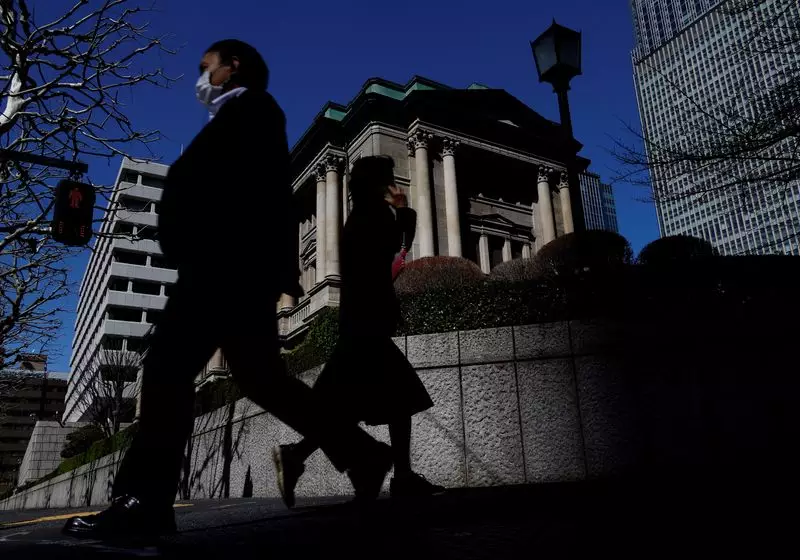In a rapidly changing world influenced by climate change, central banks are faced with unique challenges. The Bank of Japan (BOJ) has set out an ambitious framework to maintain its 2% inflation target amid the uncertainties brought by environmental shifts. Governor Kazuo Ueda emphasized the importance of being alert to how climate-related factors could sway inflation expectations, underscoring a broader need for economic adaptability.
The BOJ’s commitment to its inflation target, even in the face of impending climate shocks, speaks to its long-term vision. Ueda’s cautious approach highlights an understanding that climate change is not merely an environmental issue but one that has profound economic implications. The anticipated introduction of a carbon tax is one development that may lead to inflationary pressures. Ueda’s remarks suggest that the BOJ intends to carefully scrutinize the ramifications of such taxation on consumer expectations and spending behaviors.
The dual influence of government incentives aimed at promoting green technologies adds another layer of complexity. While these initiatives, which involve substantial financial commitments—totaling 20 trillion yen, or approximately $131 billion—are necessary for fostering sustainable practices, they may incite short-term inflation. Ueda reassured audiences that Japan could tolerate these inflationary forces momentarily, provided that underlying inflation rates remain under control. This indicates a pragmatic approach where immediate fiscal pressures are balanced with the broader aim of sustained economic stability.
Japan’s comprehensive green transition strategy, which encompasses a phased plan for carbon pricing and an emissions trading system by fiscal 2026, signifies a proactive move towards environmental responsibility. As the government prepares to impose further carbon pricing measures, it becomes essential for the BOJ to remain vigilant. The intersection of climate policy with economic stability will require adeptness from both financial authorities and policymakers.
The dynamics of climate change and inflationary pressures present a critical challenge for the BOJ and the Japanese economy. The uncertainties surrounding environmental impacts necessitate a cautious yet resilient approach to monetary policy. As Governor Ueda suggests, maintaining an inflation target while integrating environmental considerations is not merely a challenge; it is an opportunity for Japan to reshape its economic narrative. The commitment to monitor changes closely reflects the need for responsive and responsible governance in the face of change, serving as a crucial lesson for economies globally. The dialogue around how best to accommodate these challenges will continue to evolve, forging a path for a sustainable economic future.

